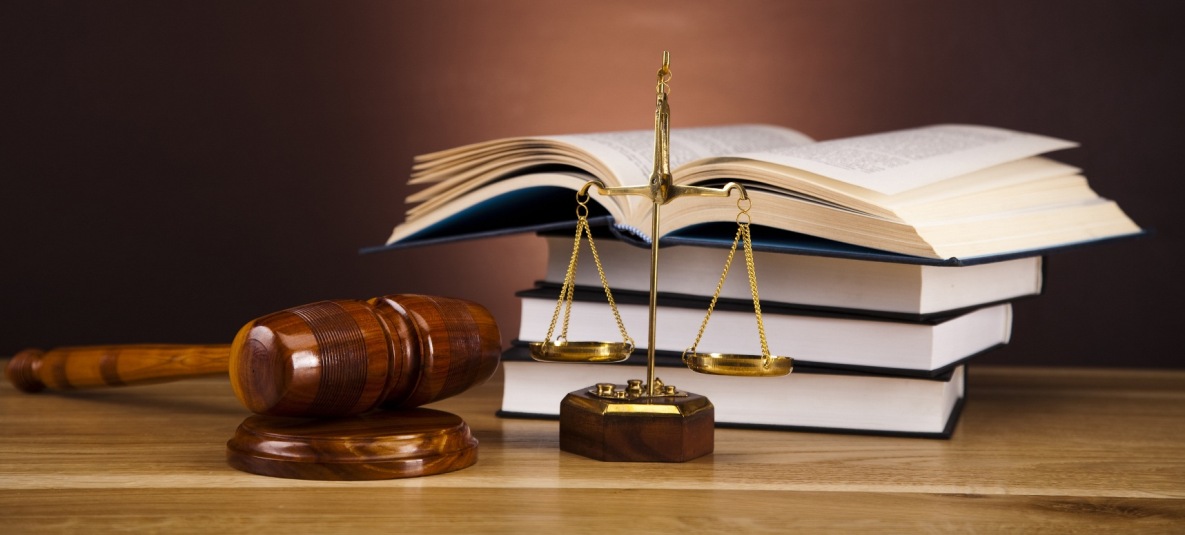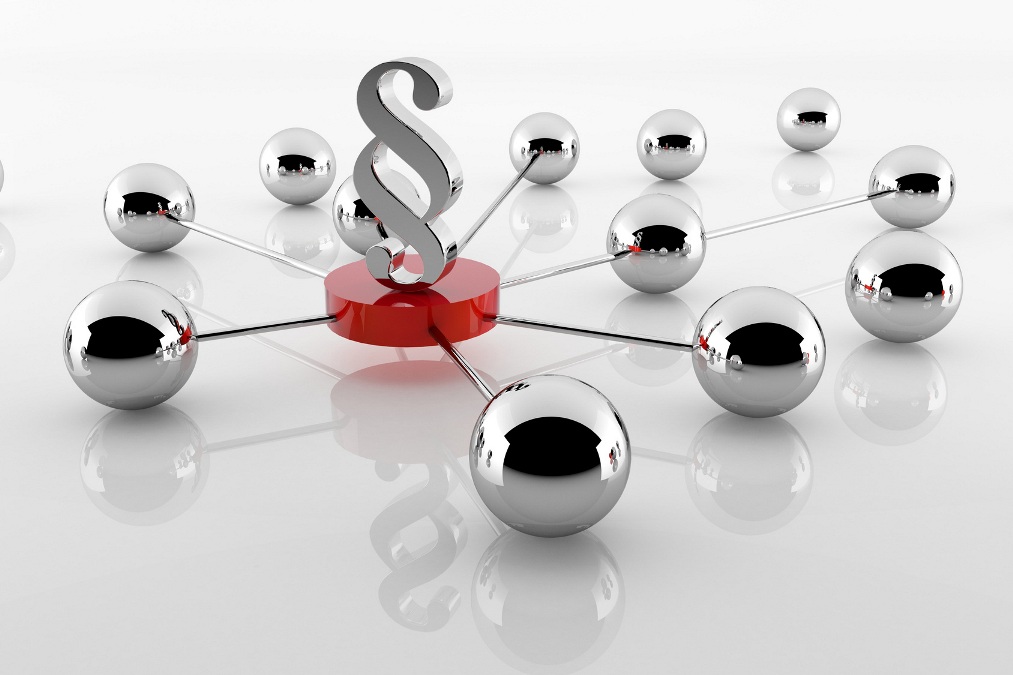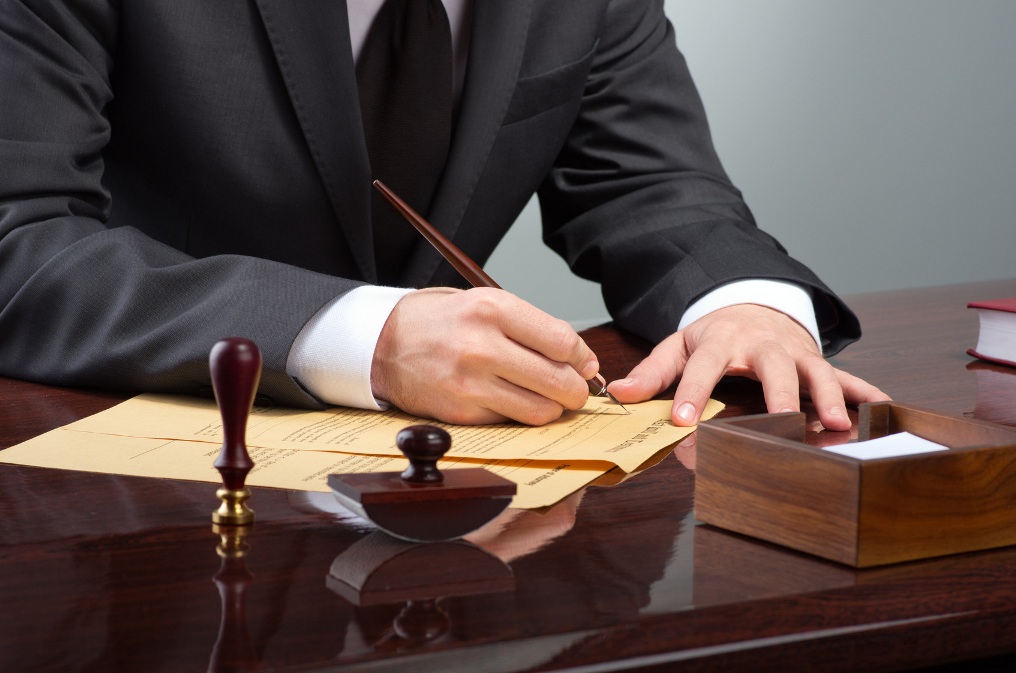In February 1959 Castro became premier and thus head of the government. [241] Seeking Soviet help, from 1970 to 1972 Soviet economists re-organized Cuba's economy, founding the Cuban-Soviet Commission of Economic, Scientific and Technical Collaboration, while Soviet Premier Alexei Kosygin visited in October 1971. But once established as Cubas leader he began to pursue more radical policies: Cubas private commerce and industry were nationalized; sweeping land reforms were instituted; and American businesses and agricultural estates were expropriated. Why should some live for thirty-five years, so that others can live for seventy years? When the US and South Africa stepped up their support of the opposition FLNA and UNITA, Castro ordered a further 18,000 troops to Angola, which played a major role in forcing a South African and UNITA retreat. [399], Various Western governments and human rights organizations nevertheless heavily criticized Castro and he was widely reviled in the US. Castro and Chvez developed a close friendship, with the former acting as a mentor and father-figure to the latter,[331] and together they built an alliance that had repercussions throughout Latin America. Over 500,000 Castro-supporters surrounded the Presidential Palace demanding Urrutia's resignation, which he submitted. [365] Now without any official role in the country's government, he took on the role of an elder statesman. Should the United States maintain its embargo against Cuba begun during the political rule of Fidel Castro? In his own mind he had done what generations of Cubans had only fantasized about: he had taken on the United States and won. [311] When Gorbachev regained control, Cuba-Soviet relations deteriorated further and Soviet troops were withdrawn in September 1991. [366] In March 2012, Pope Benedict XVI visited Cuba for three days, during which time he briefly met with Castro despite the Pope's vocal opposition to Cuba's government. He also allied with Alphonse Massamba-Dbat's socialist government in Congo-Brazzaville. [297] The Cuban troops played a decisive role in the relief of Cuito Cuanavale, breaking the siege in March 1988, which led to the withdrawal of most of the South African troops from Angola. [438] The house itself was decorated in a classical Caribbean style, with local wicker and wood furniture, porcelain plates, watercolor paintings, and art books. He continued to signify his willingness to renew diplomatic relations with the United States, provided that it end its trade embargo against Cuba. The relationship was a love match, disapproved of by both families, but Daz Balart's father gave them tens of thousands of dollars, along with Batista,[31] to spend on a three-month New York City honeymoon.[32]. "[145], Castro appointed himself president of the National Tourist Industry, introducing unsuccessful measures to encourage African-American tourists to visit, advertising Cuba as a tropical paradise free of racial discrimination. "[418] During a visit of Jesse Jackson, Castro accompanied him to a Methodist church service where he even spoke from the pulpit with a Bible before him, an event that marked a beginning of increased openness towards Christianity in Cuba. [207] Castro urged that Khrushchev should launch a nuclear strike on the US if Cuba were invaded, but Khrushchev was desperate to avoid nuclear war. When Fidel Castro was born on 25 April 1944, in Cuitzeo, Michoacn, Mexico, his father, Severino Castro Apastillado, was 34 and his mother, Margarita Inocencio Cardenas, was 29. . Yeltsin despised Castro and developed links with the Miami-based Cuban American National Foundation. [39] Returning to Havana several weeks later, Castro laid low and focused on his university studies, graduating as a Doctor of Law in September 1950. [377][378] The cause of death was not disclosed. Castro's parents had not planned to send their young son to school, but he was so set on getting an education that he talked them into letting him go when he was only six or seven years old. The Cuban Missile Crisis ended when the Soviet Union agreed to withdraw its nuclear weapons from Cuba in exchange for a pledge that the United States would withdraw the nuclear-armed missiles it had stationed in Turkey and no longer seek to overthrow Castros regime. General Cantillo secretly agreed to a ceasefire with Castro, promising that Batista would be tried as a war criminal;[114] however, Batista was warned, and fled into exile with over US$300 million on 31 December 1958. Victor C. Sanchez had been diagnosed with the illness earlier this year and died Thursday after a fainting episode, Nunez said. [85] Castro also associated with the Spaniard Alberto Bayo, who agreed to teach Castro's rebels the necessary skills in guerrilla warfare. [52] From July 1952 they went on a recruitment drive, gaining around 1,200 members in a year, the majority from Havana's poorer districts. Like many orthodox Marxist critics, Castro feared that the reforms would weaken the socialist state and allow capitalist elements to regain control. Food shortages led to rationing, resulting in protests in Crdenas. [400][469] Popular with women and often recognized as a sex symbol in Cuba,[461] Castro never had difficulty in finding love and seduction, and Snchez denies that Castro ever engaged in any unusual or un-consensual behaviour. Department 1 was for Fidel's security, Department 2 was Ral and Vilma's, and Department 3 was for the members of the Politburo and so on. We are facing a world completely ruled by neo-liberalism and capitalism. Grau's government stopped the invasion under US pressure, although Castro and many of his comrades evaded arrest. [504] Balfour also noted that throughout Latin America, Castro served as "a symbol of defiance against the continued economic and cultural imperialism of the United States". [55] Supplied with new weaponry, Castro intended to spark a revolution among Oriente's impoverished cane cutters and promote further uprisings. His supporters view him as a champion of socialism and anti-imperialism whose revolutionary government advanced economic and social justice while securing Cuba's independence from US hegemony. In March 2016 Fidel, who seldom had been seen in public in recent years, made a high-profile appearance in print when he responded to U.S. Pres. In contrast, his former public criticisms had centered on condemning corruption and US imperialism. [339], In contrast to the improved relations between Cuba and a number of leftist Latin American states, in 2004 it broke off diplomatic ties with Panama after centrist President Mireya Moscoso pardoned four Cuban exiles accused of attempting to assassinate Castro in 2000. [156] Over 800 houses were constructed every month in the early years of the administration in an effort to cut homelessness, while nurseries and day-care centers were opened for children and other centers opened for the disabled and elderly. I would honestly love to revolutionize this country from one end to the other! In 2014 U.S. Pres. [258], Traveling to Angola, Castro celebrated with Neto, Skou Tour and Guinea-Bissaun President Lus Cabral, where they agreed to support Mozambique's MarxistLeninist government against RENAMO in the Mozambican Civil War. [203], Militarily weaker than NATO, Khrushchev wanted to install Soviet R-12 MRBM nuclear missiles on Cuba to even the power balance. [471], Castro had another daughter, Francisca Pupo (born 1953), the result of a one-night affair. [218] In 1963, Castro's mother died. [436] Initially restricted for his own private use and other members of the Politburo, it was later presented as diplomatic gifts for allied countries and friends of Castro, most notably seen smoked by Che Guevara, Josip Broz Tito, Houari Boumdine, Sukarno, and Saddam Hussein. Ideologically a MarxistLeninist and Cuban nationalist, he also served as the first secretary of the Communist Party of Cuba from 1961 until 2011. Mengistu's regime was barely hanging on by 1977, having lost one-third of its army in Eritrea at the time of the Somali invasion. . [98] As trust grew, some locals joined the rebels, although most new recruits came from urban areas. Fidel Castro professed to be Marxist after assuming leadership of Cuba. [397] Although his government repressed homosexual activity for decades, later in his life he took responsibility for this persecution, regretting it as a "great injustice", as he himself put it.[398]. [443] Osmany Cienfuegos designed the a private bungalow, guesthouse, bridge, marina, and a building for the use of the bodyguards and support staff. [313] Castro tried improving relations with the capitalist nations. [524] He was awarded a wide variety of awards and honours from foreign governments and was cited as an inspiration for foreign leaders like Ahmed Ben Bella[517] and Nelson Mandela,[525] who subsequently awarded him South Africa's highest civilian award for foreigners, the Order of Good Hope. Whether the U.S. should maintain its embargo against Cuba begun during the political rule of Fidel Castro is hotly debated. [493][494][495] Political opposition was not permitted. [519] Castro defended his government's record on human rights, stating that the state was forced to limit the freedoms of individuals and imprison those involved in counter-revolutionary activities in order to protect the rights of the collective populace, such as the right to employment, education, and health care. [465][466] In his earlier years in power, he showcased some of his family life, in particular his eldest son Fidelito in order to portray himself as a normal "family man" to the apprehensive American audience, but eventually abandoned that as he became more concerned about his personal safety. His mother, Lina Ruz Gonzlez, was a servant in his father's home who bore Fidel out of wedlock . [87] Castro kept in contact with the MR-26-7 in Cuba, where they had gained a large support base in Oriente. Batista was forced to flee the country in 1959. . [239] When that year's production quota was not met, Castro offered to resign during a public speech, but assembled crowds insisted he remain. [155], Castro's government emphasised social projects to improve Cuba's standard of living, often to the detriment of economic development. [156] A third part of this social program was the improvement of infrastructure. [100] The MR-26-7 members operating in urban areas continued agitation, sending supplies to Castro, and on 16 February 1957, he met with other senior members to discuss tactics; here he met Celia Snchez, who would become a close friend. There is often talk of human rights, but it is also necessary to talk of the rights of humanity. [45] The Ortodoxo had considerable support and was predicted to do well in the election. [138], Proceeding to Canada,[139][140][141] Trinidad, Brazil, Uruguay and Argentina, Castro attended an economic conference in Buenos Aires, unsuccessfully proposing a $30billion US-funded "Marshall Plan" for Latin America. President Urrutia increasingly expressed concern with the rising influence of Marxism. [373] In September 2016, Castro was visited at his Havana home by the Iranian President Hassan Rouhani,[374] and later that month was visited by Japanese Prime Minister Shinzo Abe. [436], Castro's primary residence was at Punto Cero, a large and vegetative estate approximately 6km from the Palacio de la Revolution in the Siboney neighbourhood. [348] On 21 April, Castro met Wu Guanzheng of the Chinese Communist Party's Politburo Standing Committee,[349] with Chvez visiting in August,[350] and Morales in September. Countering these threats, Castro aligned with the Soviet Union and allowed the Soviets to place nuclear weapons in Cuba, resulting in the Cuban Missile Crisisa defining incident of the Cold Warin 1962. He ran for the House of Representatives, winning a . Cuba's foreign policy was strongly anti-imperialist, believing that every nation should control its own natural resources. [54] Castro stockpiled weapons for a planned attack on the Moncada Barracks, a military garrison outside Santiago de Cuba, Oriente. Shortly after, Castro assumed complete authority over Cubas new government. [233][234], Influenced by China's Great Leap Forward, in 1968 Castro proclaimed a Great Revolutionary Offensive, closing all remaining privately owned shops and businesses and denouncing their owners as capitalist counter-revolutionaries. [172] Relations between Castro and Khrushchev were warm; they led the applause to one another's speeches at the General Assembly. [190] Castro's victory reverberated around the world, especially in Latin America, but it also increased internal opposition primarily among the middle-class Cubans who had been detained in the run-up to the invasion. [49] Intent on opposing Batista, Castro brought several legal cases against the government, but these came to nothing, and Castro began thinking of alternate ways to oust the regime.[50]. [429] In private, however, Castro hated such idolization campaigns and believed that he had intellectual ascendancy over leaders who engaged in such behaviour, such as his friend Kim Il-sung of North Korea whose cult of personality he considered excessive, outlandish and unreasonable. [458] His security was provided by Department 1 of the Personal Security Directorate of MININT (Ministry of the Interior). Ral CastroFidels younger brother and successorcontinued to gradually adopt free-market policies. [357], Following his retirement, Castro's health deteriorated; international press speculated that he had diverticulitis, but Cuba's government refused to corroborate this. [414] He enjoyed art and photography and was known as a patron of both within Cuba but was uninterested in music and disliked dancing. The following year, economic and social unrest led to antigovernment demonstrations, the size of which had not been seen in Cuba in some 35 years. Corrections? [323] Economic hardship led many Cubans toward religion, both in the form of Roman Catholicism and Santera. Fidel Castro on discovering Marxism, 2009[33], That same year, Grau decided not to stand for re-election, which was instead won by his Partido Autntico's new candidate, Carlos Pro Socarrs. Sturgis opened a training camp in the Sierra Maestra mountains, where he taught Che Guevara and other 26 July Movement rebel soldiers guerrilla warfare. [432] His uniform was also kept simple, he never wore any medals or decorations and his only marker of rank was the Comandante El Jefe insignia stitched on the shoulder straps. [333][334] Some economic problems remained; in 2004, Castro shut down 118 factories, including steel plants, sugar mills and paper processors to compensate for a critical shortage of fuel. But the economic realities, despite rapid dramatic growth in the gross national product, severely limit what Cuba can buy on the world market. Fidel Alejandro Castro Ruz (/kstro/;[1] American Spanish:[fiel alexando kasto rus]; 13 August 1926 25 November 2016) was a Cuban revolutionary and politician who was the leader of Cuba from 1959 to 2008, serving as the prime minister of Cuba from 1959 to 1976 and president from 1976 to 2008. A new book called "Fidel in Love" reveals the secret love story between Cuba's 'Lider Maximo,' Fidel Castro, and Anna Maria Traglia, the niece of the . [455], Outside of his immediate family, Castro's closest friend was fellow revolutionary Celia Snchez, who accompanied him almost everywhere during the 1960s, and controlled almost all access to the leader. [72] He read widely, enjoying the works of Marx, Lenin, and Mart but also reading books by Freud, Kant, Shakespeare, Munthe, Maugham, and Dostoyevsky, analysing them within a Marxist framework. The longest-serving non-royal head of state in the 20th and 21st centuries, Castro polarized opinion throughout the world. [369], In December 2014, Castro was awarded the Chinese Confucius Peace Prize for seeking peaceful solutions to his nation's conflict with the US and for his post-retirement efforts to prevent nuclear war. [288] In a July 1983 speech marking the 30th anniversary of the Cuban Revolution, Castro condemned Reagan's administration as a "reactionary, extremist clique" who were waging an "openly warmongering and fascist foreign policy". [421] Castro was often nicknamed "El Caballo" ("The Horse"), a label attributed to Cuban entertainer Benny Mor which alludes to Castro's well known philandering during the 1950s and early 1960s. Hearing about this, the atheist Castro replied: "Now I understand why I survived Bush's plans and the plans of other presidents who ordered my assassination: the good Lord protected me." [376], Castro died in Havana on the night of 25 November 2016. [526] The biographer Volker Skierka stated that "he will go down in history as one of the few revolutionaries who remained true to his principles". [285] Soviet economic assistance had not helped Cuba's long-term growth prospects by promoting diversification or sustainability. Fernandez's book created a rift even among Castro relatives in exile: Juana filed suit in Spain in 1998 arguing the book defamed her and Fidel's parents. However, the US used the coup as a basis for invading the island. [134] Returning home, an argument between Castro and senior government figures broke out. Severino Castro Apastillado. This is the theory behind Fidel Castro, l'ultimo "re cattolico" (or, Fidel Castro, The last "Catholic king"), a book published by the Italian historian Loris Zanatta and now also available in Spanish. Within Cuba, Fidel's domination of every aspect of the government and the society remains total. [528], "El Comandante" redirects here. If the file has been modified from its original state, some details such as the timestamp may not fully . His favourite film was the five-hour long 1967 adaption of Leo Tolstoy's War and Peace. [198], The ORI began shaping Cuba using the Soviet model, persecuting political opponents and perceived social deviants such as prostitutes and homosexuals; Castro considered same-sex sexual activity a bourgeois trait. [164], At the time, 1960, the Cold War raged between two superpowers: the United States, a capitalist liberal democracy, and the Soviet Union (USSR), a MarxistLeninist socialist state ruled by the Communist Party. Under his administration, Cuba became a one-party communist state; industry and business were nationalized, and socialist reforms were implemented throughout society. [135], On 16 February 1959, Castro was sworn in as Prime Minister of Cuba. [427] There were no statues or large portraits of him but rather signs with "thoughts" of the Comandante. Text by: Sabina Castelfranco Follow. In the meantime Castro created a one-party government to exercise dictatorial control over all aspects of Cubas political, economic, and cultural life. [521] Balfour stated that Castro's story had "few parallels in contemporary history", for there existed no other "Third World leader" in the second half of the twentieth century who held "such a prominent and restless part on the international stage" or remained head of state for such a long period. Let us know if you have suggestions to improve this article (requires login). [112] In the summer, the MR-26-7 went on the offensive, pushing the army out of the mountains, with Castro using his columns in a pincer movement to surround the main army concentration in Santiago. Though Chibs came third in the 1948 general election, Castro remained committed to working on his behalf. Until the 1990s, he wore combat boots, but due to orthopedic issues, abandoned them for sneakers and tennis shoes instead. He wanted a system that provided the basic needs to all enough to eat, health care, adequate housing and education. [332] ALBA's origins lay in a December 2004 agreement signed between the two countries, and was formalized through a People's Trade Agreement also signed by Evo Morales' Bolivia in April 2006. Policies introducing central economic planning and expanding healthcare and education were accompanied by state control of the press and the suppression of internal dissent. [122] Heading toward Havana, he greeted cheering crowds at every town, giving press conferences and interviews. [490] The London Observer stated that he proved to be "as divisive in death as he was in life", and that the only thing that his "enemies and admirers" agreed upon was that he was "a towering figure" who "transformed a small Caribbean island into a major force in world affairs". [75] Meanwhile, Castro's wife Mirta gained employment in the Ministry of the Interior, something he discovered through a radio announcement. Although most were freed within a few days, many fled to the US, establishing themselves in Florida. [109] The opposition called a general strike, accompanied by armed attacks from the MR-26-7. Expressing contempt for the US, Castro shared the ideological views of the USSR, establishing relations with several MarxistLeninist states. [227], In 1966, Castro staged a Tri-Continental Conference of Africa, Asia and Latin America in Havana, further establishing himself as a significant player on the world stage.
Garden Of Memories Waterloo, Ia Obituaries,
Pros And Cons Of Living In Tonga,
Articles W





